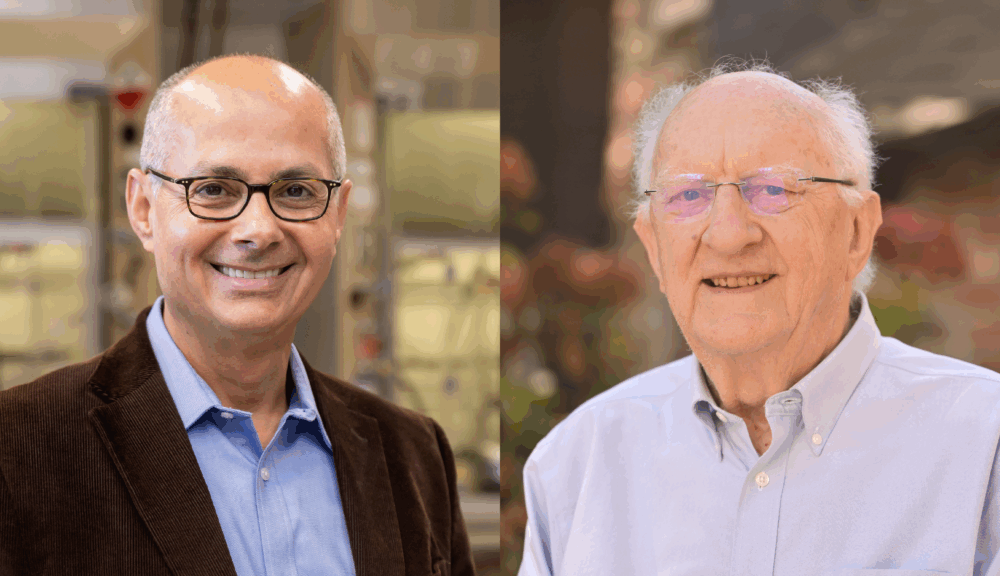The University of California (UC) has set a remarkable milestone by securing a record five Nobel Prizes in a single year, affirming its status as a powerhouse of education and research. This achievement was celebrated over three days in October 2025, during which UC faculty members were awarded four Nobel Prizes. When including its alumni, the university system achieved a total of five awards across the fields of medicine, physics, and chemistry.
UC President James B. Milliken highlighted the significance of this accomplishment, stating, “These remarkable achievements by five UC-affiliated Nobel Prize winners reflect the very best of the world-changing teaching, research, and public service happening across our University.” Milliken emphasized that the discoveries recognized this year have the potential to transform lives, enhancing access to clean drinking water, improving cybersecurity, and advancing treatments for serious medical conditions.
Breakthrough Discoveries and Their Impact
The Nobel Prizes awarded in 2025 reflect groundbreaking advancements in various scientific fields. Notable discoveries include enhanced understanding of the immune system, which has led to innovative treatments for diseases such as cancer and multiple sclerosis. Additionally, pioneering research has laid the groundwork for quantum computing, while advancements in material science have resulted in molecular structures capable of removing airborne pollution and extracting potable water from arid environments.
The contributions of UC’s 2025 Nobel laureates are extensive:
– Frederick J. Ramsdell, associated with UC San Diego and UCLA, received the Nobel Prize in Physiology or Medicine for his work on peripheral immune tolerance, a critical area of immunology.
– The Nobel Prize in Physics was awarded to John Clarke, John M. Martinis, and Michel H. Devoret, all linked to UC Berkeley and UC Santa Barbara, recognizing their discovery of macroscopic quantum mechanical tunneling.
– Omar M. Yaghi, from UC Berkeley, earned the Nobel Prize in Chemistry for his development of metal-organic frameworks, which play a significant role in capturing carbon and harvesting water.
The Role of Federal Funding in Research
These groundbreaking achievements are rooted in decades of federal investment in university research, which has been vital for driving innovation and economic growth in the United States. The support from the National Institutes of Health, National Science Foundation, and other federal entities has been instrumental in facilitating these discoveries. For instance, Dr. Ramsdell’s research on a genetic mutation linked to a severe immune disorder was backed by the National Institutes of Health, while Drs. Clarke, Martinis, and Devoret’s work benefitted from funding aimed at advancing quantum technology.
Despite these successes, there are concerns regarding the future of federal research funding, as proposed budget reductions threaten to slow progress in scientific discovery. In response, UC launched the “Speak Up for Science” campaign earlier this year, aimed at rebuilding federal support for U.S. research and innovation. The campaign underscores how federal investments are crucial for fostering world-class research that can cure diseases and maintain the United States’ position as a leader in scientific inquiry.
The University of California has a long-standing history of excellence in research, with a total of 74 faculty and staff members awarded 75 Nobel Prizes since 1934. With the latest recognitions, the number of Nobel laureates associated with UC at the time of their awards has reached 49, making it the institution with the most Nobel winners in history. This achievement not only highlights the university’s commitment to advancing knowledge but also its profound impact on global health, technology, and environmental sustainability.







